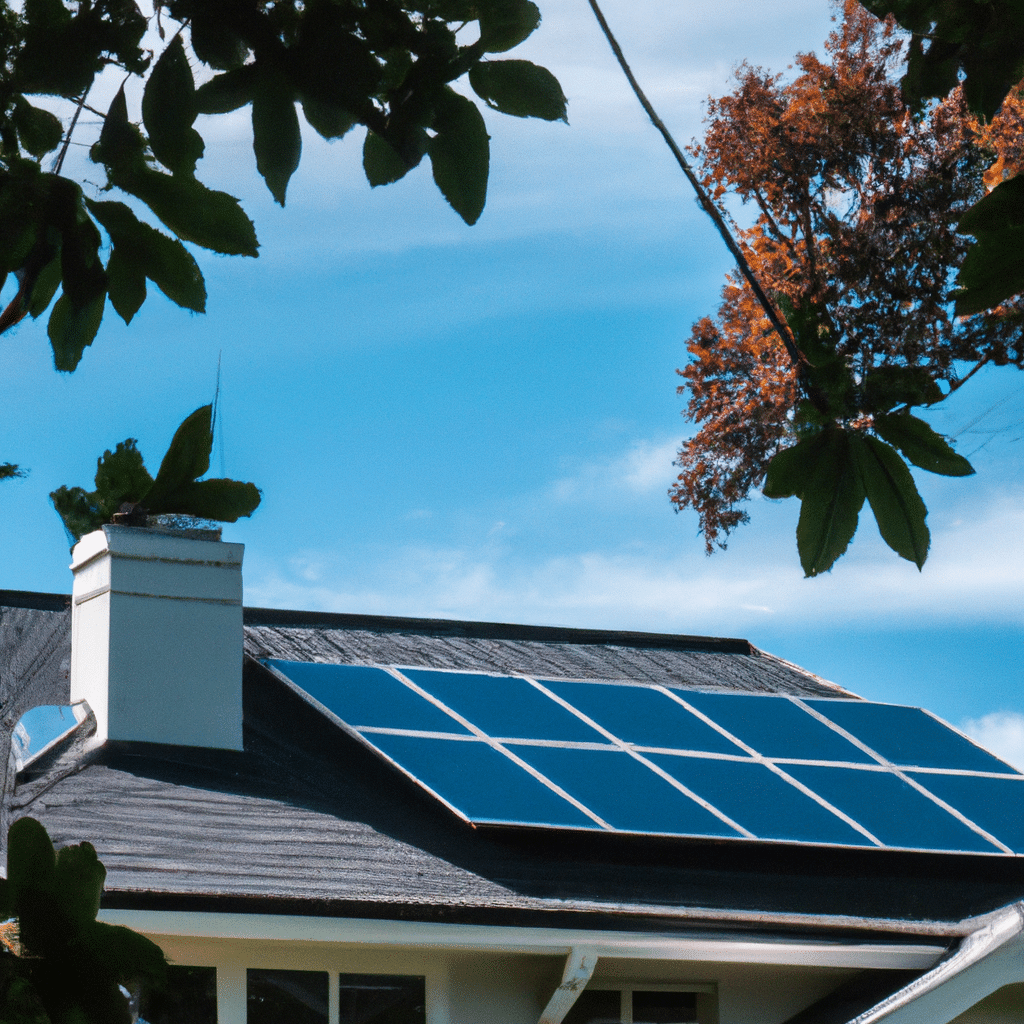We all know that the world is facing major environmental issues, and one of the biggest contributors to these problems is the use of non-renewable energy sources. This is where solar panels come in as a solution to these problems. Solar panels generate electricity using the sun’s energy, which is a renewable source of energy. In this article, we will discuss the benefits of solar panels, including cost savings and environmental impact.

Environmental Impact
The environmental impact of solar panels is one of the most significant benefits. Solar panels do not produce any harmful greenhouse gases or pollutants in the air. This means that solar panels are a clean source of energy that does not contribute to climate change. Additionally, solar panels do not consume any water during their operation, unlike fossil fuel power plants that require large amounts of water to generate electricity.
Cost Savings
Another significant benefit of solar panels is cost savings. Solar panels generate electricity using the sun’s energy, which is a free and renewable source of energy. Once the solar panels are installed, there are no ongoing fuel costs, which is a significant advantage over traditional energy sources. This means that solar panels can provide a long-term solution to reducing energy costs for homes and businesses.
Furthermore, many governments offer incentives and tax credits for installing solar panels. This means that the initial cost of installing solar panels can be significantly reduced. In some cases, the incentives and tax credits can cover up to 30% of the total cost of installing solar panels.
Installation and Maintenance
The installation and maintenance of solar panels are surprisingly easy. The installation process involves mounting the panels on the roof or ground and connecting them to an inverter that converts the energy into usable electricity. The panels require no maintenance, except for occasional cleaning to remove any dirt or debris that may accumulate on the surface.
Durability
Solar panels are durable and long-lasting. They are designed to withstand extreme weather conditions, including high winds and heavy snowfall. Many solar panels come with a warranty of up to 25 years, which means that they can provide a reliable source of energy for decades.
Property Value
Installing solar panels can increase the value of a property. Many homebuyers are looking for homes that have energy-efficient features, including solar panels. This means that installing solar panels can increase the resale value of a property.
Energy Independence
Installing solar panels can provide a sense of energy independence. It allows homeowners and businesses to generate their own electricity, reducing their reliance on traditional energy sources. This means that they are less vulnerable to power outages and energy price fluctuations.
Conclusion
In conclusion, solar panels offer many benefits, including cost savings and environmental impact. They are a clean and renewable source of energy that can provide a long-term solution to reducing energy costs for homes and businesses. Additionally, they are easy to install and maintain, durable, and can increase the value of a property. Governments offer incentives and tax credits for installing solar panels, making it an affordable and attractive option. By installing solar panels, we can reduce our impact on the environment and take a step towards a sustainable future.
Related posts:
No related posts.




